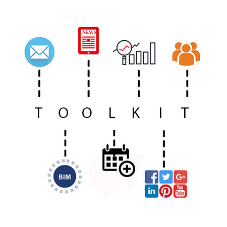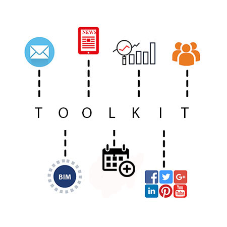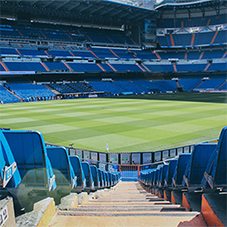I’ll be honest: when I first started to hear murmurs of the Internet of Things (IoT) I thought I was knocked over the head with something really heavy. It sounded so technical and complicated and whereas I had always considered myself a rather tech-savvy person, I couldn’t quite convince myself that I’d ever grasp the concept.
Which is somewhat vexing when part of your job is to research and be in the know of new and innovative technologies and trends.
My tech-anxiety didn’t really ease after doing some digging around on the subject. My first stop was, obviously, Wikipedia, and it told me that IoT is the network of physical devices, vehicles, home appliances and other items embedded with electronics, software, sensors, actuators, and connectivity which enables these objects to connect and exchange data.
I'm somewhat convinced that unless you’re an engineer, that doesn’t really make any sense... and I base my assumption of that on the fact that my older brother is an engineer and he knew exactly what it meant. Luckily, he could also point me to the right direction to get the layman’s version of what I was lead to believe is to become an absolute revolution across industries.
Embarrassingly for me, the internet of things isn’t a new concept by any stretch of the imagination: tech companies and pundits have been discussing the idea for decades, and the first internet-connected toaster was unveiled at a conference in 1989. The internet itself was invented around 1983 so no-one really wasted any time getting things to connect to each other.
We could talk about “uniquely identifiable embedded computing systems” and the “direct integration of the physical world into computer-based systems” all day long but that wouldn’t get me any closer to understanding what IoT is and why it’s important. So what I needed to do was to simplify something vastly enormous and big-budget (it's estimated that the global market value of IoT will reach $7.1 trillion by 2020) into something that would easily resonate with me. Something I could easily recognize. Something I was maybe holding in my hand right now.
My mobile phone.
Some of us might remember a time when our phones were just that – phones – but that feels like ancient history so let’s not dwell on it any further. Instead of just texting and calling people, we can now read any book, watch any movie or cat video, listen to any song and navigate to any place, all in the palm of our hands. And that’s just to name a few of the amazing things our smartphones can do. But, they can only do that because of two reasons: one; they’re obviously full of fancy technology that I understand nothing of, and (more importantly) two; they’re connected to the internet.
I was already using the Internet of Things without even realising it.
The Internet of Things is actually a pretty simple concept - it means taking all the things in the world and connecting them to the internet. When something is connected to the internet, it means that it can send information (data) or receive information (again, data), or both. This ability to send and/or receive information makes things smart, and we all know smart is good.
Think about it. You’re probably already much more connected than you think. You might be increasing your home’s energy efficiency by remotely powering off systems and appliances when they aren’t in use. You might have sensors for your lights or water sprinklers. Connected devices can also help create a comfortable atmosphere—they provide intelligent and adaptive lighting, sound, and temperature, which can all help create an inviting environment.
Or, say, you're paying your bus fare with the google-pay function on your mobile.
I’m starting to think that I got confused, not because the concept is so narrow and tightly defined, but rather because it’s in fact so broad and loosely defined. It can be hard to nail down the concept in your head when there are so many examples and possibilities in IoT.
And the possibilities really are endless! IoT can help industries become more efficient, it can make the world more sustainable, it can make our homes safer, our public places more fun and functioning and it definitely can make us more connected.
I may not understand every algorithm or sensor or embedded system but I don’t need to in order to enjoy, and more importantly benefit from IoT.
But if I ever do, I’ll just ask my brother.
Related Blog Articles







